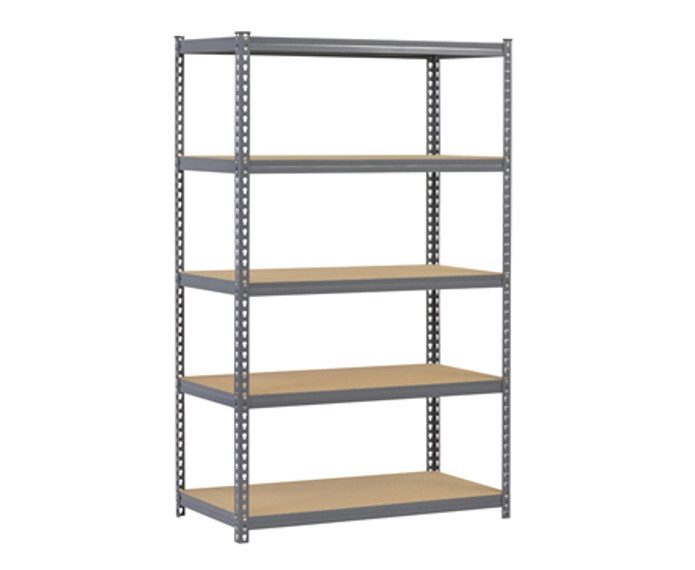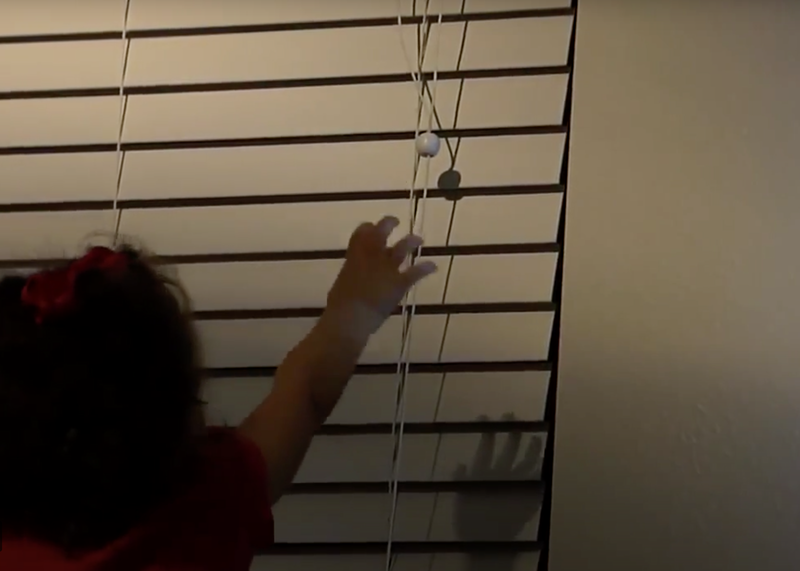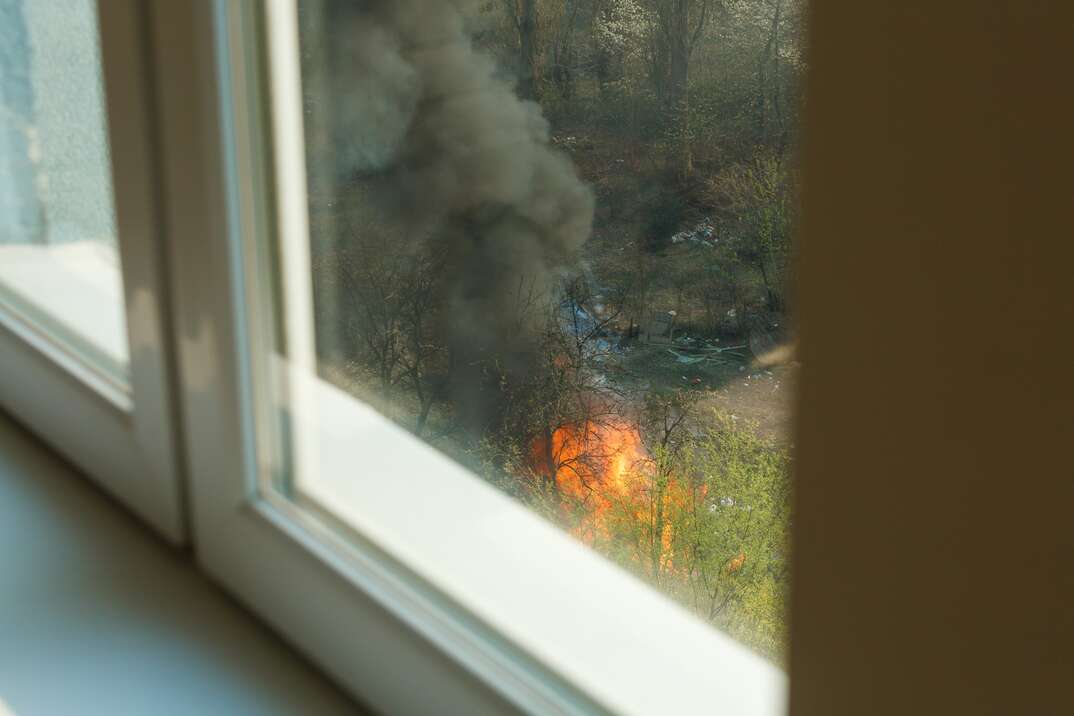Don’t Leave Your Home Alone for the Holidays! Have a 'Battle Plan' Against Wallet-Robbing Repairs
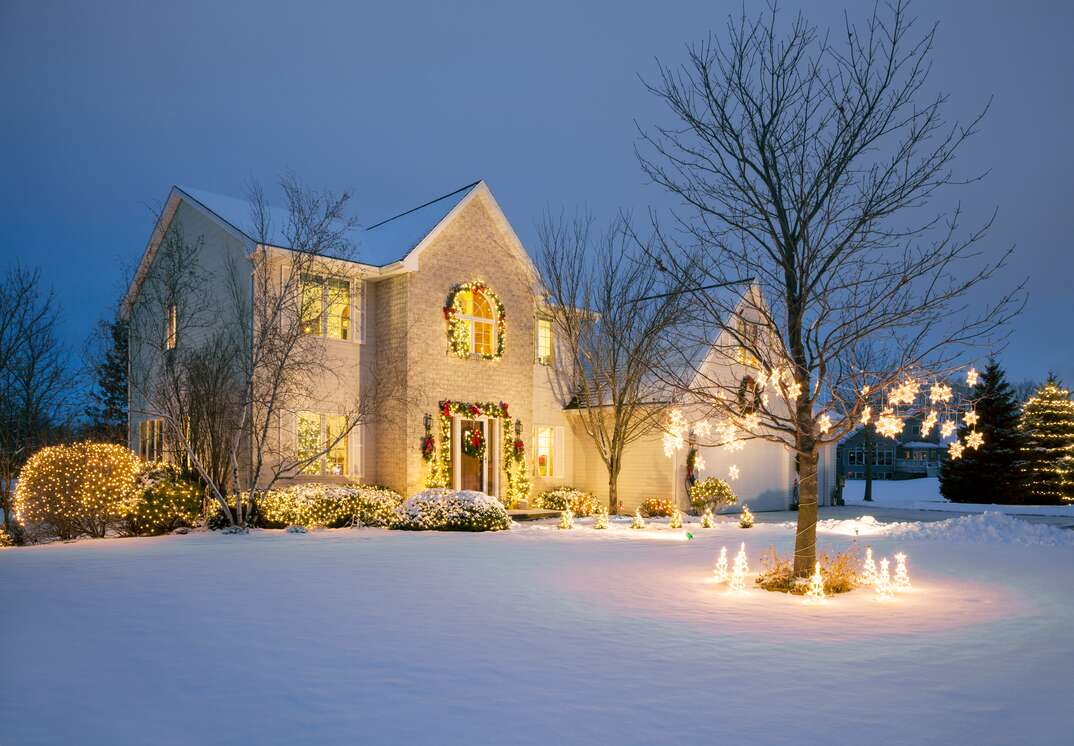
Home alone this holiday season? Fret not — unless your family truly did leave you behind while they jet off to Paris. Now that you’re by yourself, you’re likely hearing all sorts of bumps, cracks, moans and creaks you’ve never noticed before. Those sounds are probably just your foundation settling … right? Or your radiator heating up? Or your furnace kicking on?
This May Also Interest You: Make Proper Home Maintenance Your New Year’s Resolution: 7 Tasks to Complete Next Year
Calm down. The good news is that those noises are almost certainly not made by a pair of no-good burglars hoping to snatch some stuff out of an empty-for-the-holidays house. However, the threat could be coming from inside the house. One of your home systems — HVAC, electrical, plumbing or otherwise — may be on its last legs And you know what that means: repair costs that feel like someone actually did steal your life savings.
The winter season is especially hard on your home, and preventive maintenance really is the only way to keep your systems operating as they should during the colder months.
It is your house, after all. You have to defend it! Here’s how:
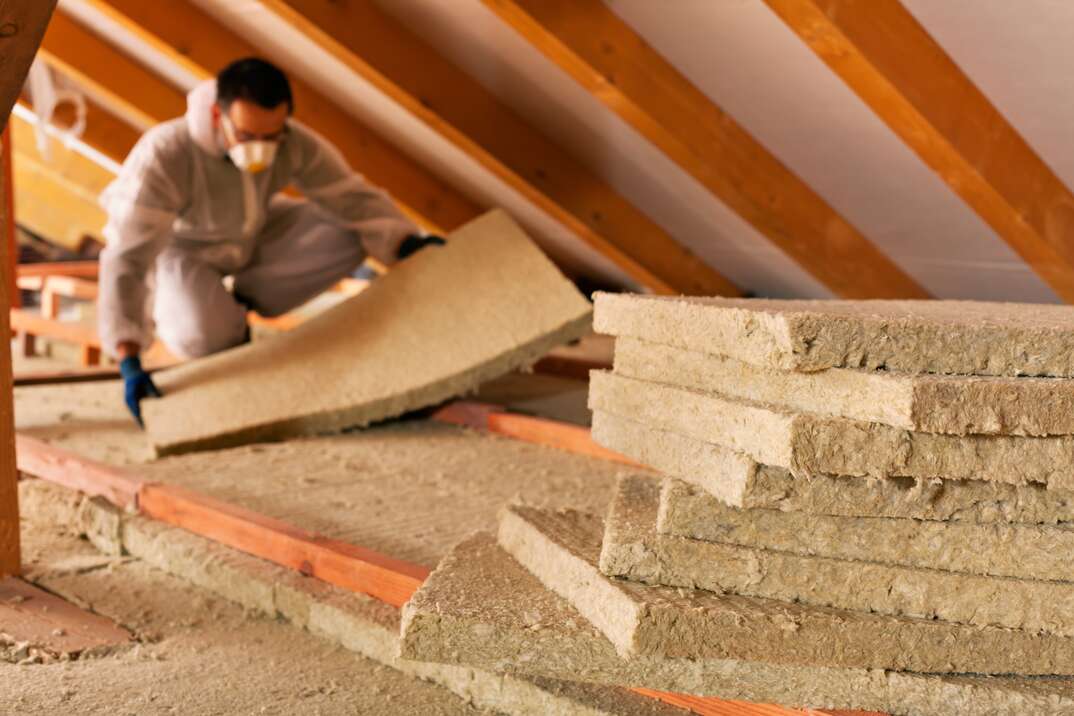 ----------------------------------------
----------------------------------------
Insulate the Attic
We would sincerely hope you’re not sleeping in your attic this winter holiday season (unless you’ve converted it into a cozy, heated extra bedroom, of course). But if you had to (say, if you were banished there for mouthing off to your mom), you’d want to be sure that every crack and crevice leading to the outside was good and filled, lest you lose fingers and toes to frostbite overnight.
You wouldn’t want to hang out in your attic during the cold months, but just think about how much cold air is sneaking in through that space and, similarly, how much heated air is escaping through those same cracks.
The name of the game is reducing strain. A leaky attic will make your house colder in the winter. A colder house is, naturally, harder to heat. And if that heat is just escaping through the cracks, it’s a waste of energy. Your furnace, boiler, stove or heat pump is going to have to work harder to keep up — and that’ll put unnecessary miles on your system. If you consistently overwork your heater, it’ll give up the ghost long before its time, and you could be left with a hefty repair bill.
There are a lot of ways to insulate your attic. Check out our do-it-yourself how-to guide here.
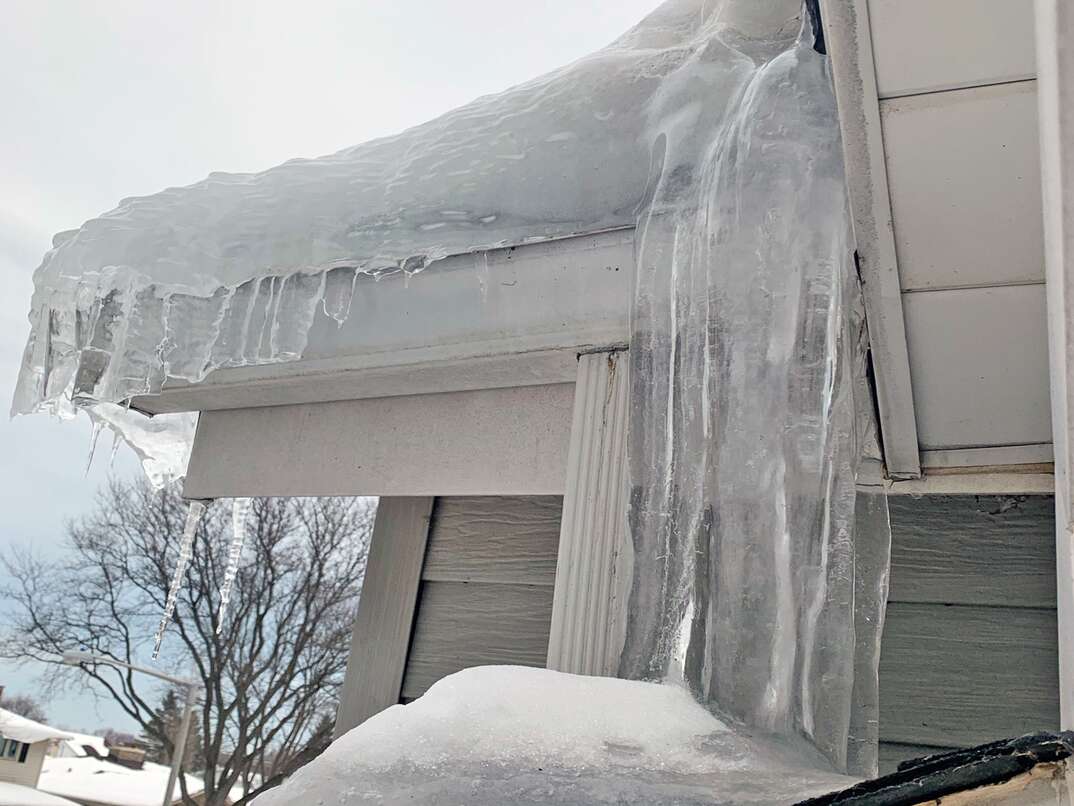
Look Out for Falling Ice!
No, that piece of ice that just launched itself off your roof is (probably) not a Kevin McAllister-engineered Rube Goldberg deterrent — but it could be something a lot more dangerous for your home: an ice dam.
Ice dams form at the edges of your roof or in your gutters. Frozen solid, they prevent accumulating water or snow from draining off. But the water must go somewhere. Unfortunately, it usually finds its way into your home via your walls, ceilings or insulation. If you don’t catch it soon enough, water damage can become mold damage, and all of a sudden, you’ve got a major home rehab on your hands. And that’s about enough to make a grown adult don Kevin’s iconic, post-aftershave face.
Any way you slice it, you gotta get those … uh … dam things off your roof. We’ve put together six surefire (no-fire) methods to get things thawed out.
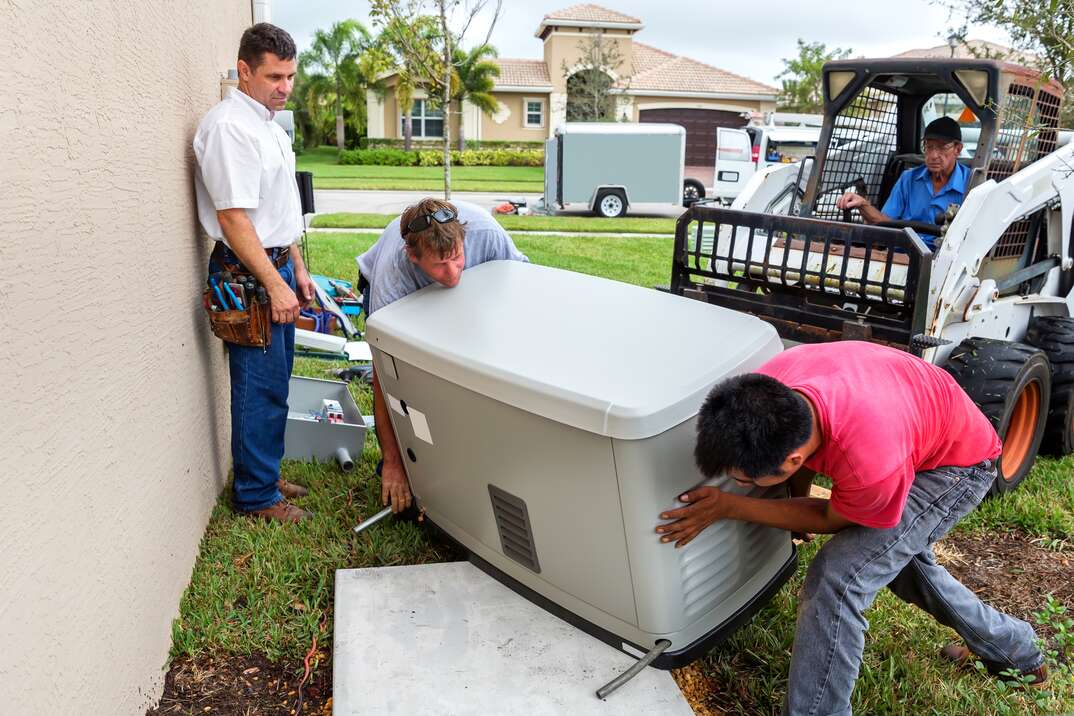
Invest in a Generator
If you live in, well, most of the U.S. and Canada, you likely experience that nearly annual winter storm that inevitably knocks out power. During the wintertime, any loss of power, no matter how short a duration, feels like a lifetime. Plus, a power outage could trigger a string of delightfully slapstick, but no doubt chaotic, events that starts with dead alarm clocks and ends with you leaving your son home alone to fend off a couple of robbers.
Did you know a power outage can be similarly hard on your home?
No electricity may mean no heat, depending on the equipment you use, and no heat can spell serious trouble for your pipes, which can crack when frozen. Unless you want to be traced to the spree of “Wet Bandit” robberies because of your flooded home, you’d better make sure your pipes stay warm.
One way to do this is to have a backup generator in place for when outages happen. A backup generator will kick on right away and provide power while the grid is down. This will keep your home warm, protecting your pipes. It’ll also keep your sump pump from shutting off, which will prevent flooding as well. There’s even a third thing: The power spike that happens when appliances kick back on after an outage can be harmful to them and may even shorten their lifespans. Having a backup generator in place can reduce damage to your appliances.
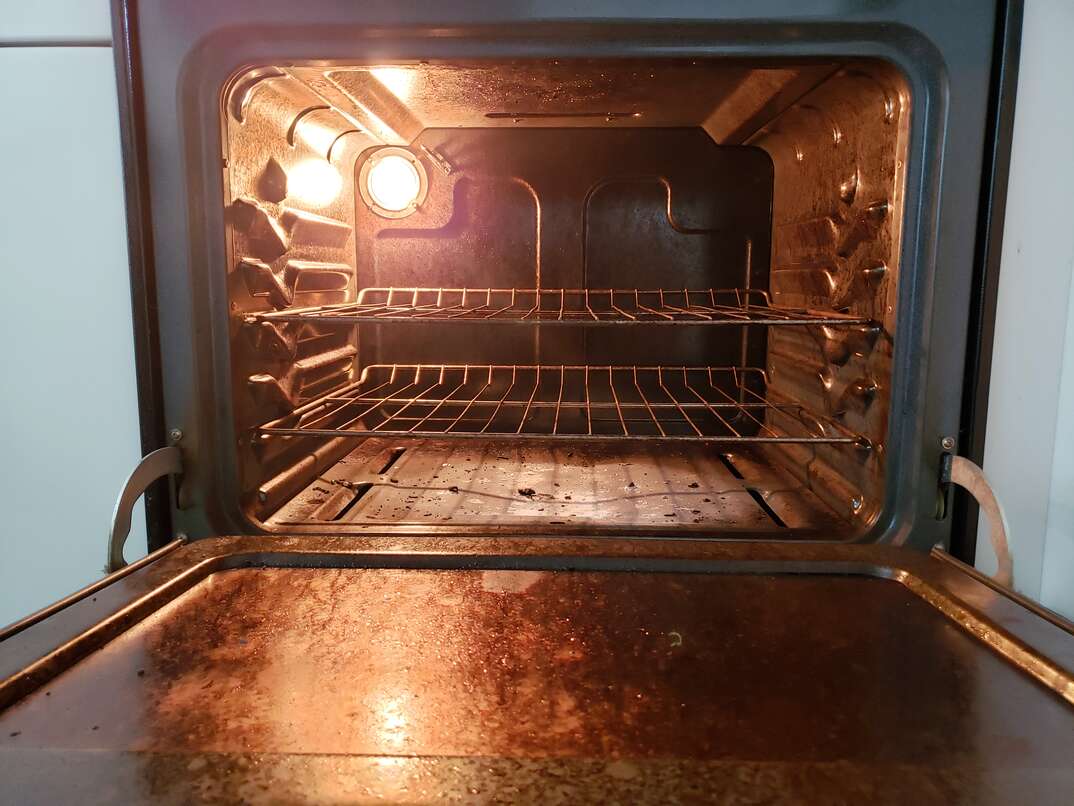
Don’t Be a Filthy Animal
For Pete’s sake, don’t leave your home looking like the McAllister residence at the end of the movie. Keep your place tidy, if you can manage to. Not only can a clean home reduce stress, save time and improve your sleep, but it can also promote your house’s longevity.
Think about it: That layer of grime building up on your ceiling fan isn’t helping your fan run any better, is it? Neither is the gunk accumulating in your coffee maker or the layer of dust hanging out on your radiator. Clean appliances run more efficiently than dirty appliances. This goes back to the making-your-systems-work-too-hard thing again; don’t put undue stress on your machines if you can help it, and they should pay you back with a longer operating life.
Need another reason to be clean? Dirt can also take the finish off your surfaces. Gritty sand, for example, will sandpaper your expensive wood floor or unpolish your marble countertop, stripping them of their shine.
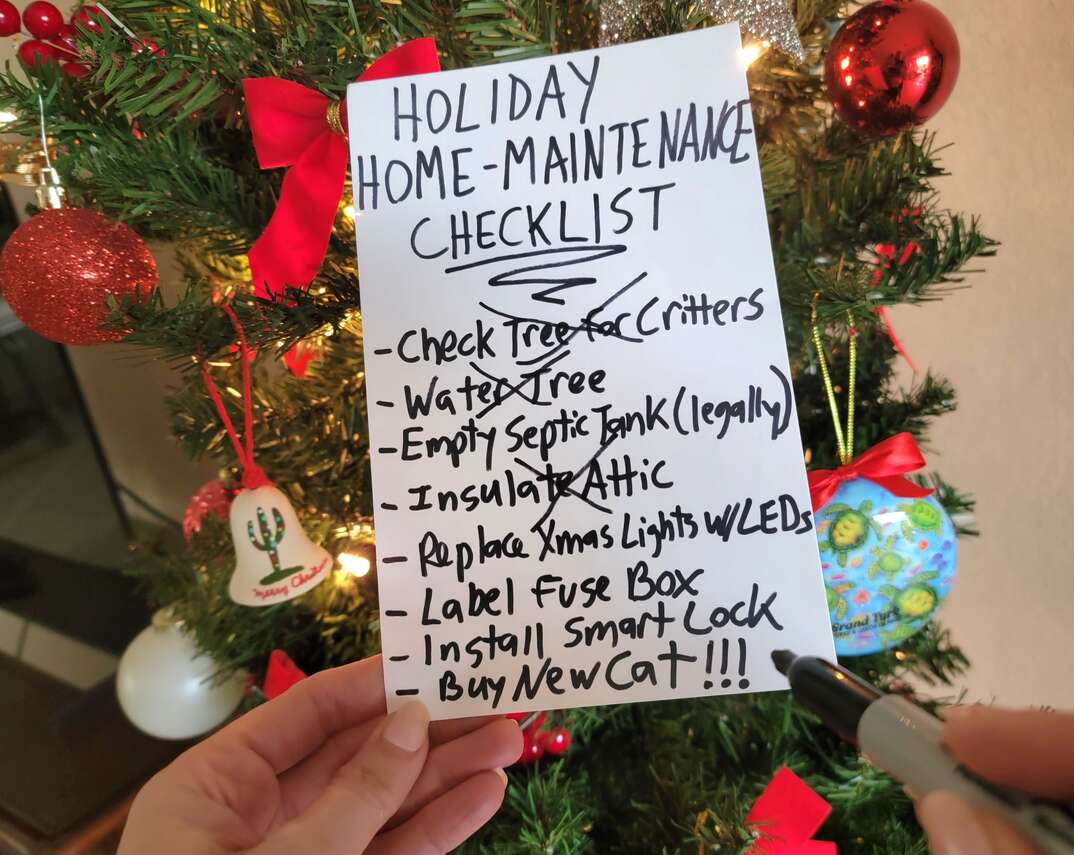
Make a List, Check It Twice
Add these cleaning tasks to your preventive home maintenance checklist:
- Change your HVAC filters at least once every three months. If you have pets, you may need to change them more often.
- Clean debris out of your outdoor air conditioning unit, and consider keeping it properly covered in the fall and winter.
- Pull out your dishwasher filter, empty it and give it a good scrub. Do this often to prevent backups. (Yuck.)
- Flush your refrigerator’s water line to loosen any buildup.
- Don’t forget about your fridge’s evaporator coils, which help keep your food cold. When they’re caked in dirt, they can’t efficiently release heat.
- Please clean the dryer lint trap. You don’t want to start a dryer fire.
- Invest in duct cleaning — or do it yourself. Dirty ducts allow less conditioned air to pass through, making your system work harder. They can also spread dirt throughout your house.
- Similarly, see about getting your pipes augered or your sewer line cleaned. Pipes with less buildup can let more water through, reducing the risk of leaks and breaks.
You guys give up? Or are you thirsty for more? Check back daily with HomeServe for new home maintenance advice, how-tos, cost guides and more.
